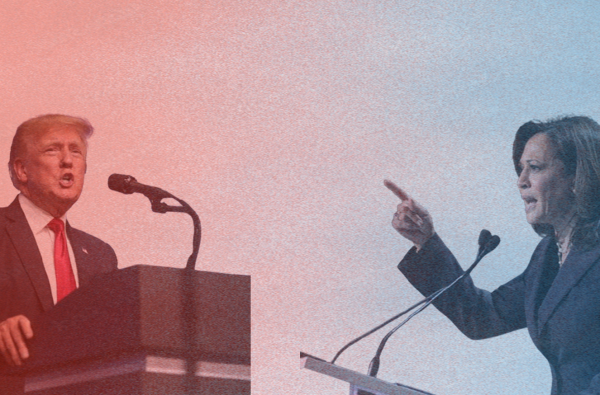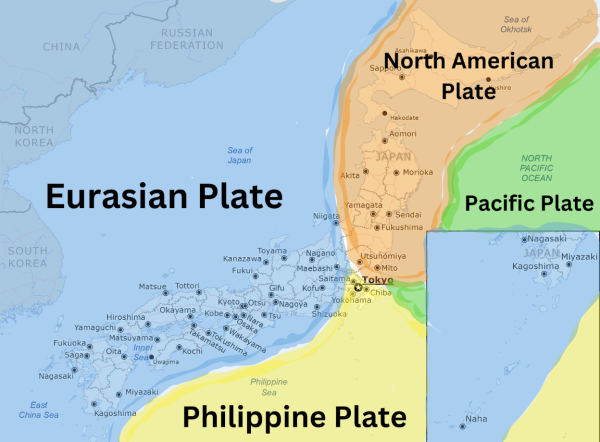Net Neutrality, are we losing it?
$8 a month for social media. $15 for video-streaming services like Netflix and Hulu. Add $20 more for access to online games. These are all things we can expect if on December 14th, the FCC, The commission that regulates interstate and international communications by radio, television, wire, satellite, and cable in all 50 states, votes to cut its rules on net neutrality.
For those who aren’t aware, net neutrality ensures that internet providers like AT&T, Comcast, and Verizon are unable to regulate the content available to you. It disallows Wireless companies from potentially slowing down or entirely blocking internet access. Their ability to charge online companies for access to their customers is forbidden by the FCC’s current rules.
Without net neutrality, providers could slow down or completely block its competitor’s content. Or even worse, block content based on political opinion which would violate user rights. Blocking content based on politics could affect various communities, mostly those communities who are fighting for their rights. Communities like the LGBTQ community, people of color, and religious minorities could be greatly affected by neutrality’s removal because these communities rely greatly on the internet to organize meetings, protests, and rallies. This would also bring great consequences to small businesses, mostly ones who rely on social media, online magazines, and ads for exposure. Logically, business ads are going to reach less customers if the page the ad is on gets blocked. Finally, students will also be affected as the internet is à great part of modern education. “So far, the internet has always been fine. This isn’t solving any problems, instead it’s just creating more while simultaneously helping the top 1%” said Evan Witzack. He also mentioned how certain restrictions on internet could greatly affect less fortunate students. He explained how middle and upper class students would have an exceptional advantage over low class students in terms of resources and content production. Maria Amare, à student of Oakton High also stated “It wouldn’t make sense if your phone company told you who you could speak to, and what you could say to them”. This analogy proves the ridiculousness of the concept of taking away these regulations.
So, what is the argument for being against “net neutrality?” The main argument is fairly simple, but risky. Removing the FCC regulations would leave the responsibility of the internet to the companies who provide it. These companies have so much money from investments, that they could greatly improve the quality and speed of the internet. Obviously, this would cost us, the consumers, more money. Currently the U.S. has the 8th fastest internet on the planet, with Korea in first place. It is believed that allowing companies to invest in our internet could push us up to the top 3 in the world, maybe even first. Supporters of this idea often compare the internet to things like education.
Overall, this debate is very heated. With both sides agreeing on the need of some regulation, there is still à huge argument on the topic. Should we trust companies to control the internet and its distribution? Do the positives of removing regulations outweigh the negatives? Can we all benefit from the potential removal of neutrality? When the decision is made on December 14th we will either find the answers to these questions, or never feel the need to answer them.





